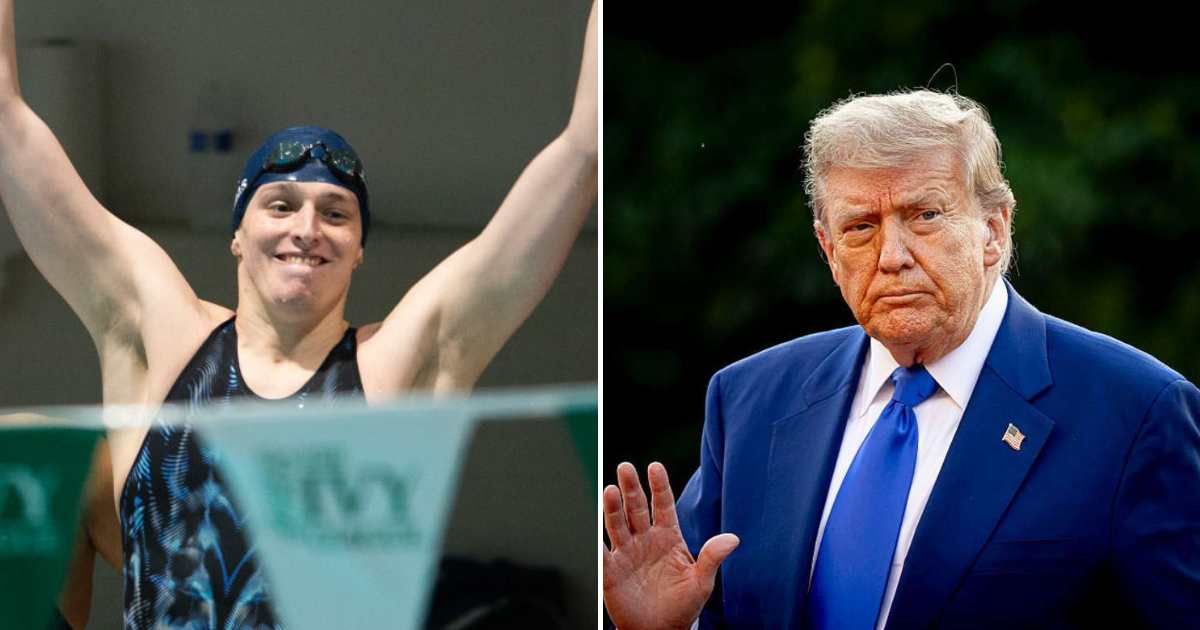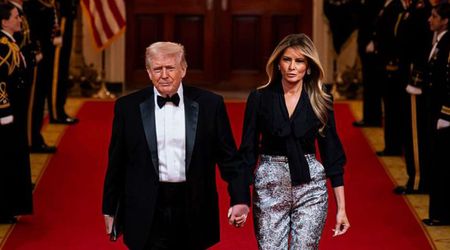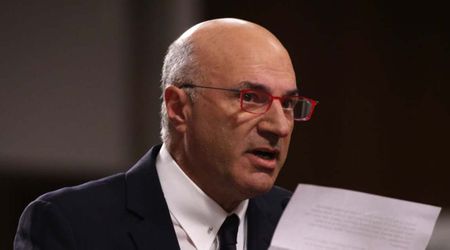Swimmer Lia Thomas speaks out after Trump order and UPenn ban on trans women in sports

WASHINGTON, DC: Transgender swimmer Lia Thomas has addressed the growing backlash against trans women participating in women’s sports following Donald Trump's executive order banning trans athletes and the University of Pennsylvania’s decision to comply with it.
Thomas, who previously competed for UPenn’s men’s team before transitioning and winning a national championship with the women’s team in 2021–2022, said that critics cannot “pick and choose” when to recognize her as a woman. The university recently announced it would bar trans athletes from women’s sports and retroactively strip Thomas of her titles, aligning with Trump’s new policy.

“People have tried to rewrite the rules of when I’m allowed to be seen as a woman,” Thomas said. “It’s frustrating and hurtful, especially when institutions like UPenn and others enforce policies that erase trans athletes’ achievements.”
Lia Thomas addresses trans athlete bans and misconceptions about hormone therapy
In an interview with WHYY, Thomas shared her perspective on the ongoing debate, saying her comments were directed at those supporting efforts to exclude trans women from competition.

“You don’t get to pick and choose when you see me as a woman,” Thomas said. “You don’t get to say, ‘You can be a woman in these situations, but not in these,’ because you would never do that to a cis woman.”
She added that opponents often ignore the physical changes caused by hormone replacement therapy (HRT), which she said leads to “numerous losses in muscle mass, power, and endurance.”
Thomas described blanket statements such as “you’re a woman but shouldn’t compete in women’s sports” as both transphobic and disconnected from the real effects of transitioning. She emphasized that these policies fail to reflect the lived experiences of trans athletes and the scientific realities of HRT.
Lia Thomas recalls transition journey and support system

Thomas also opened up about her personal journey, including her decision to undergo gender-affirming surgery and the support she received from her then-girlfriend.
“When I decided to get gender-affirming surgery, I was in a very supportive relationship,” she recalled. “My girlfriend at the time invited me to a Pride parade as allies, and that evening, I came out to her. It was the first time I said, ‘I’m trans,’ out loud, and that was a huge milestone. She was incredibly supportive.”
Thomas added that sharing her story publicly is important for helping others understand the challenges and triumphs of trans athletes, saying, “I hope my experience shows that being trans is about more than politics — it’s about identity, fairness, and humanity.”










